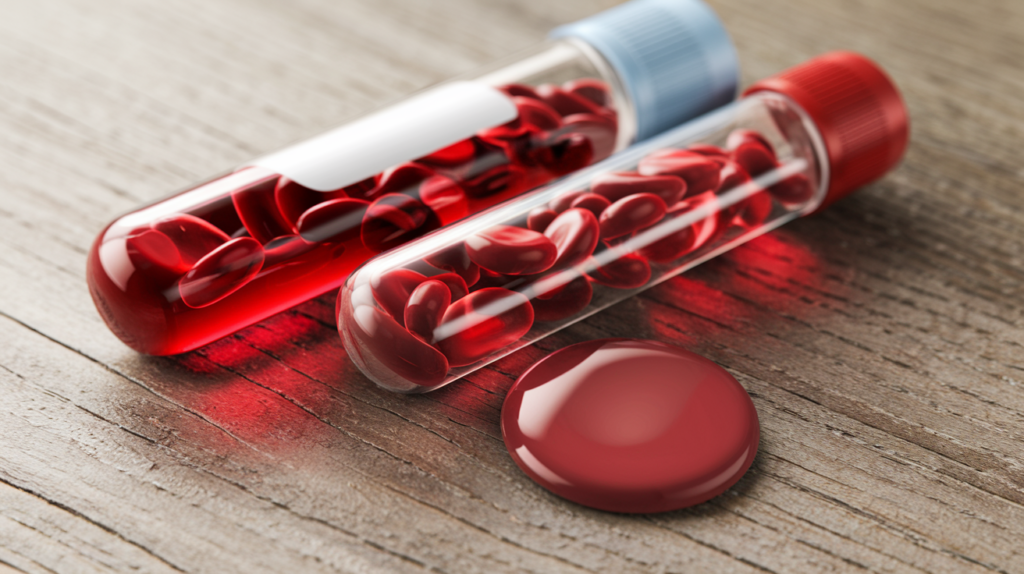Alcohol’s Journey Through the Body
When alcohol is consumed, it is first absorbed from the stomach. However, before absorption can occur, the alcohol must become sufficiently diluted with water. This is because alcohol has a strong affinity for water and will draw it out of the surrounding tissues until it becomes adequately saturated.
Once in the bloodstream, the alcohol travels through the circulatory system. Some of it may be exhaled from the lungs, especially if consumed in large quantities. The remainder circulates throughout the body, eventually reaching various organs and tissues. Certain organs, like the liver and kidneys, are able to eliminate alcohol from the body. The rest of the alcohol in the blood may be broken down and removed in other ways.
Effects on Blood Components
As alcohol circulates in the blood, it comes into contact with the various components that make up this vital fluid, including:
- Water: Alcohol’s water-attracting properties can disrupt the natural water balance in the blood.
- Fibrin: Alcohol may either prevent fibrin from coagulating properly or cause it to coagulate excessively.
- Albumin: The protein albumin can be affected by the presence of alcohol in the blood.
- Salts: Alcohol can influence the levels of important salts and minerals in the bloodstream.
- Fat: Fatty components of the blood may also be impacted by alcohol exposure.
- Red blood cells: Alcohol can alter the shape and function of red blood cells, impairing their ability to transport oxygen and carbon dioxide.
- White blood cells: The white blood cells that play a key role in the immune system can also be disrupted by alcohol.

Impaired Blood Flow and Oxygenation
As alcohol modifies the structure and function of blood cells, it can impede the proper flow of blood through the body’s tiny blood vessels. This can lead to localized tissue damage due to reduced oxygen and nutrient delivery. Overall, alcohol’s effects on the blood undermine its vital role in sustaining life and health.
Long-Term Consequences
Chronic, heavy alcohol use can have severe, long-lasting consequences on the composition and function of the blood. Over time, alcohol-induced changes to the blood can contribute to a range of serious health problems, including:
- Anemia: Alcohol can interfere with the production and lifespan of red blood cells, leading to anemia.
- Increased bleeding and clotting risk: Alcohol’s impact on fibrin and platelets can disrupt the normal blood clotting process.
- Weakened immune system: Alcohol’s negative effects on white blood cells can impair the body’s ability to fight off infections.
- Organ damage: Impaired blood flow and oxygenation can lead to tissue damage in vital organs like the heart, liver, and kidneys.
Moderation is Key
While occasional, moderate alcohol consumption is unlikely to have major, lasting effects on the blood, heavy or chronic drinking can have serious health consequences. Maintaining a balanced, healthy lifestyle and limiting alcohol intake is crucial for preserving the delicate composition and function of this life-sustaining fluid.
For More Articles Browse Our Blog.
